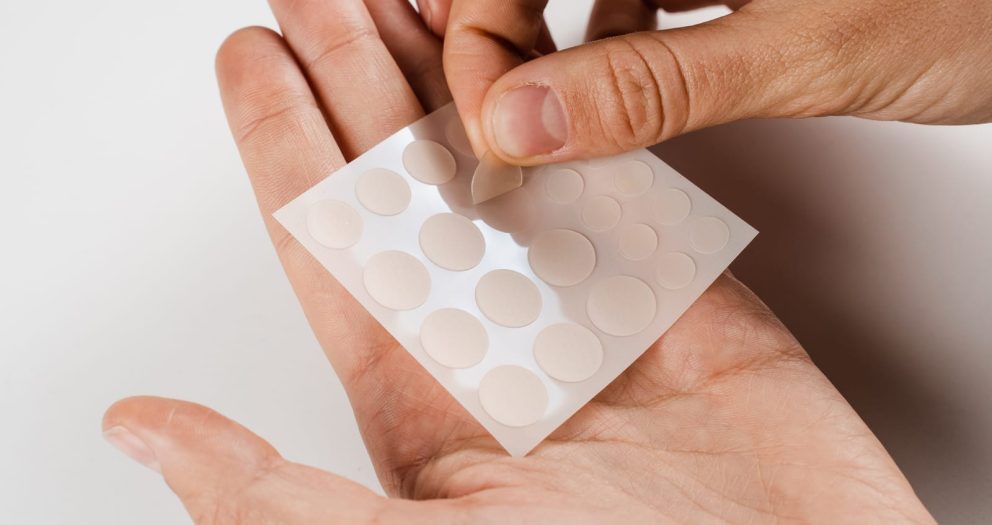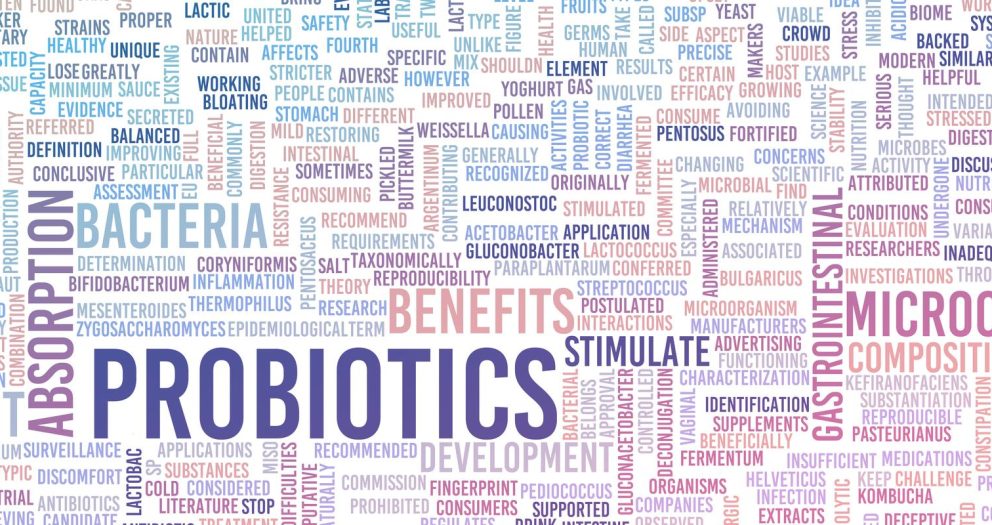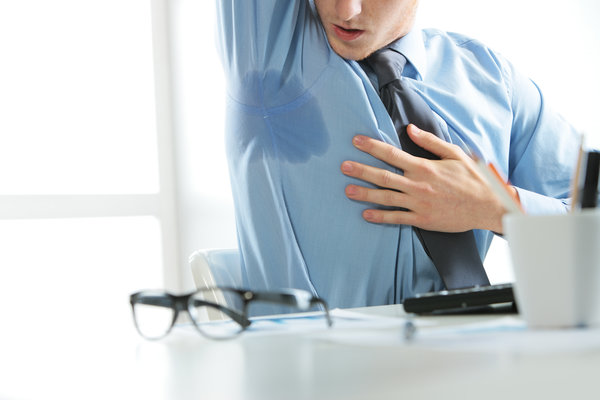Acne is a common skin condition that affects many people, especially during puberty. In Singapore, it is estimated that about 80% of adolescents experience some form of acne. This can be a source of frustration and insecurity for many young people, as well as their parents.
So, does acne go away after puberty? The short answer is that it can, but it doesn’t always. The hormonal changes that cause acne during puberty often begin to level out after adolescence, which can lead to an improvement in symptoms.
However, for some people, acne may persist well into adulthood. This can be due to a variety of factors, including genetics and ongoing hormonal fluctuations.
In this blog post, we’ll discuss what causes acne, whether it goes away after puberty, and what can be done to manage it.
What Causes Acne?
Acne is caused by the overproduction of oil in the skin, which can clog pores and lead to the growth of bacteria.
Hormonal changes that occur during puberty can trigger this process, leading to the development of pimples, blackheads, and whiteheads.[Source]
Factors such as genetics, diet, and stress can also contribute to the development of acne. In Singapore, the humid climate and pollution can also play a role in exacerbating acne symptoms.
3 Things Can You Do Today!
Managing acne during and after puberty can be challenging, but there are several things that can be done to improve symptoms.
Establish a good skincare routine: This should include cleansing the skin gently but thoroughly, using a moisturizer that is appropriate for acne-prone skin, and applying sunscreen daily. It is also important to avoid picking or squeezing pimples, as this can lead to scarring and further breakouts.
Avoid Certain Foods: Another important aspect of managing acne is to avoid foods that are known to trigger breakouts. These include foods that are high in sugar, dairy, and saturated fats. Stress can also exacerbate acne, so it is important to find ways to manage stress, such as through exercise, meditation, or therapy.
Seek professional help: If acne persists despite these efforts, it may be necessary to seek professional help. There are a variety of treatment options available, including topical medications, oral antibiotics, and isotretinoin. A dermatologist can help determine which treatment is best for you.
In conclusion, acne is a common skin condition that affects many people during puberty, especially in Singapore.
While it may improve after puberty, it can also persist into adulthood. Establishing a good skincare routine, avoiding triggers, and seeking professional help when necessary can help manage symptoms. If you or your child is struggling with acne, don’t hesitate to seek help from a dermatologist.
With the right approach, it is possible to achieve clearer, healthier skin.





